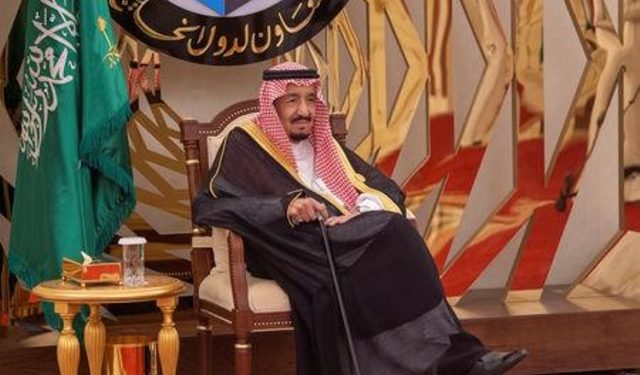
Mohammed bin Salman strengthened his influence in the royal court after he succeeded in pushing his father King Salman to issue a royal decree appointing Fahd bin Mohammed al-Issa as the head of the royal court which is similar to the rank of minister.
Issa is close to Crown Prince Mohammed bin Salman and was the Director of the Office of the Crown Prince.
Al-Issa was born in 1965. He holds a Bachelor degree from King Saud University from the College of Administrative Sciences with honors in 1986 and an LLM from the American University in Washington, USA in 1992.
Al-Issa has worked as a legal researcher in the Expert Council of the Council of Ministers since 1986, then as a legal advisor in the same body since 1996. He then worked as a collaborator with the Royal Court until 2014, and was assigned to manage the Office of the Minister of Defense since the beginning of 2015.
Al-Issa has previously worked as a part-time consultant for a number of government agencies including the Ministry of Communications and Information Technology, the General Organization for Railways, King Fahd Medical City, the General Postal Corporation, and King Abdulaziz City for Science and Technology.
Al-Issa’s appointment to the head of Saudi Royal Court 0succeeded Khalid bin Abdulrahman Al-Issa, who has held the position since July 2015.
Al-Issa was appointed on January 29, 2015 as Director of the Office of Mohammed bin Salman, who wanted to transfer to the Royal Court to strengthen his influence in the decisions of his father.
The changes come a year after the murder of Saudi writer Jamal Khashoggi at the kingdom’s consulate in Istanbul last October.
The case is widely seen as the kingdom’s worst diplomatic crisis since the September 11, 2001, attacks on the United States, when it was revealed that most of the hijackers were Saudis.
Khashoggi’s murder showed the reality of Mohammed bin Salman’s criminal image and made him internationally isolated.
Under the rule of bin Salman, the kingdom has also been widely criticized for human rights violations and the arrest of dozens of dissidents, including prominent women’s rights activists.